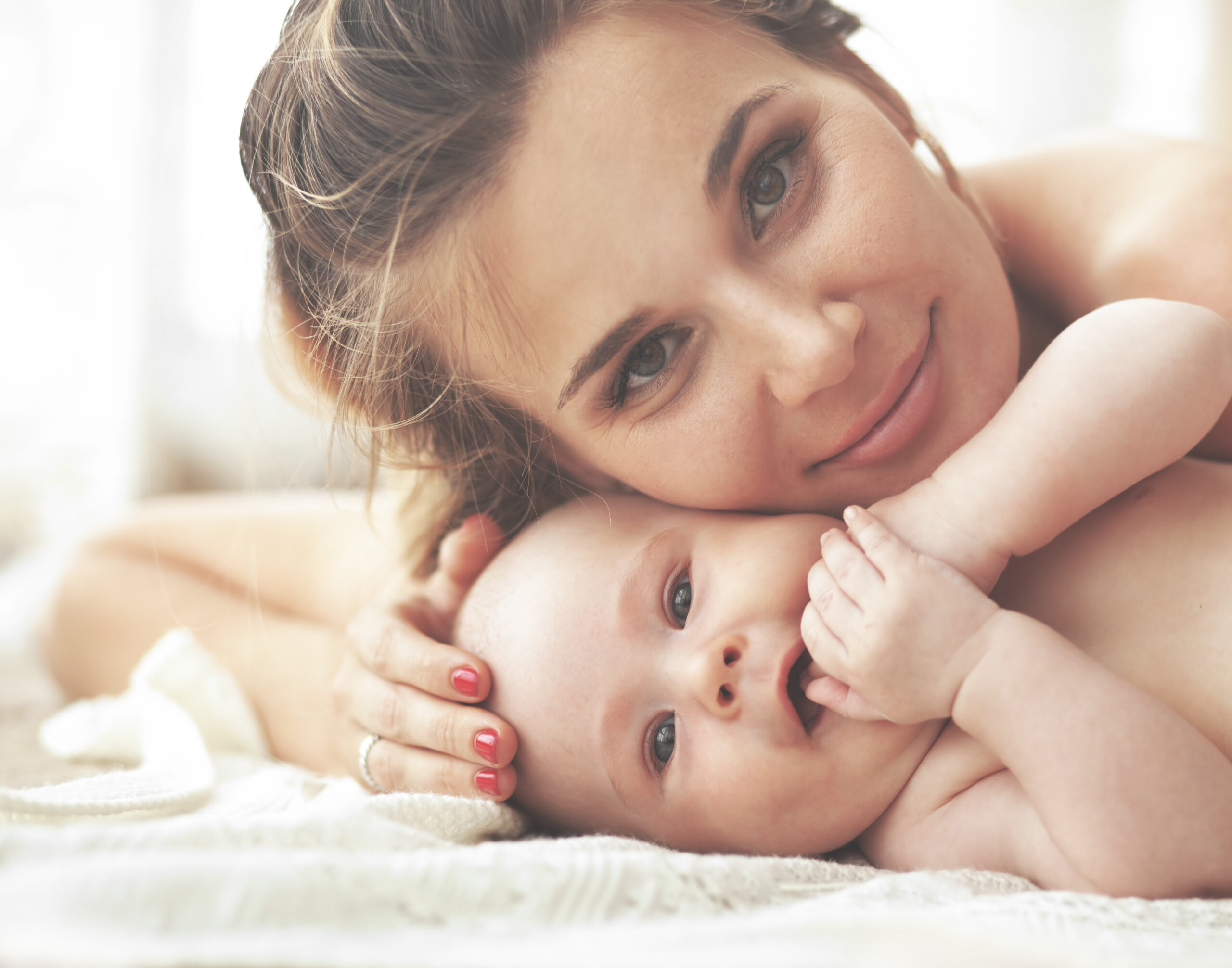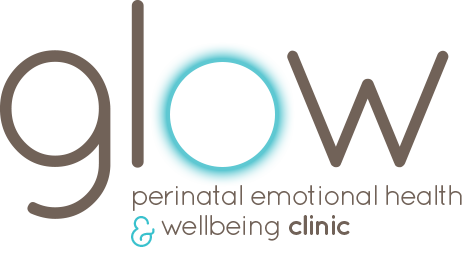
Normal adjustment, the Baby Blues, postnatal depression (PND), postnatal anxiety (PNA) or other mental illnesses can all occur after birth. Being informed is key.
For many mothers and fathers having a new baby is a time of happiness and joy. However, even normal adjustment to parenting can bring a range of emotions. It is important to know what is normal and what is Postnatal Depression (PND), Postnatal Anxiety (PNA) or another mental illness.
Normal Adjustment
Joy, happiness, apprehension and some degree of worry are all normal. You may be tired following the birth, in pain or coping with your changing body. Such feelings may increase over the first few weeks. You and your partner need time to adjust and learn how to be parents and your baby needs time to adjust and learn how to be a baby. Remember when your baby is one week old, you are a one week old parent. Go easy on yourself and lower your expectation that you should “know what to do”.
The Baby Blues
80-85% of women experience the Baby Blues after birth. Peaking around day 3-5 it usually settles within days to 2 weeks. Symptoms include a sudden onset of tearfulness, mood swings, anxiety, sadness, irritability, feeling overwhelmed, crying, reduced concentration, appetite problems or trouble sleeping.
If the Baby Blues persist beyond 2 weeks, you develop mood changes after the first few weeks and your ability to function is affected, it is possible you may be developing Postnatal Depression (PND), Postnatal Anxiety (PNA) or another illness.
Postnatal Depression (PND)
PND effects approximately 1 in 7 women after birth. Symptoms last longer than 2 weeks and your ability to function is impaired. Common symptoms of PND include:
- a numb, sad or low mood
- excessive crying
- a loss of interest in enjoyable activities including your baby
- having difficulty sleeping (not due to your baby waking) or excessive sleeping
- loss or increased appetite and/or weight loss or gain
Postnatal Anxiety (PNA)
PNA is thought to be more common than PND. A recent study found 1 in 5 women (1) had at least one type of anxiety disorder in pregnancy or postpartum. Common PNA symptoms vary and include:
- anxiety, fear or worry that is difficult to control e.g. about your baby’s health, sleeping or feeding
- feeling irritable, tense, restless, on edge
- increased heart rate or breathing, nausea or the shakes
- difficulty falling asleep at night (including when your baby is asleep)
- excessive checking on your baby
Depression and anxiety symptoms often occur together.
Postpartum Psychosis
A small proportion of mothers 1-2 per 1000 births are affected by this rare but serious illness. Therefore, it is important to seek help as soon as possible. Symptoms include:
- elevated, irritable or up and down moods
- increased or racing thoughts
- increased amounts of speech
- a reduced need for sleep,
- increase in activity
- disorganisation
- hearing voices and/or having false belief or delusions
- thoughts of harm to yourself or your baby
If you have thoughts of harm to yourself or your baby help is available. Speak to your partner, family member or a friend so that they can support you to contact your GP. mental health professional or the Crisis Assessment & Treatment Team for your area.
If you have a past history of a mental illness you are at increased risk of a relapse after birth. Factors that may increase your risk of PND, PNA or PPP include:
- A past history of depression, anxiety or Bipolar Disorder
- A family history of mental illness especially PPP, Bipolar Disorder or other mental illness related to childbirth
- If you experienced your birth as traumatic
- A lack of supports including from your partner
- Stressful life events eg moving, renovating, changing jobs, a loss of job, the death of a parent or grandparent
The good news is that with the right care Postnatal Depression (PND), Postnatal Anxiety (PNA) and Postpartum Psychosis (PPP) can be treated and you can recover.
Speak to your Obstetrician, Maternal Child Health Nurse, General Practitioner or mental health practitioner. They may refer you to a perinatal psychiatrist or psychologist
Perinatal Depression & Anxiety Australia (PANDA) have a an excellent Fact Sheet – Anxiety & Depression in Pregnancy & Early Parenthood
More information is available on these websites:
- GLOW Clinic glowclinic.com.au
- COPE – Centre of Perinatal Excellence cope.org.au
- PANDA – Perinatal Anxiety & Depression Australia provide support via their hotline or information at panda.org.au
- ABTA Australasian Birth Trauma Association birthtrauma.org.au
Dr Adaobi Udechuku – FRANZCP, MBBS (Melb.), Grad Dip Women’s Health (Melb.), Grad Dip Parent & Infant Mental Health (Melb.). GLOW Clinic Co-Founder & Director is a Perinatal Psychiatrist consulting at Berwick, Malvern & Mount Waverley. Her areas of expertise include perinatal depression, anxiety, bipolar and other disorders. Her care is both holistic and individualised including attention to diet, exercise, mindfulness, mind-body connection, talking therapies, medication management and enhancing the parent-infant relationship.
-
Emily J. Fawcett, Ph.D., Nichole Fairbrother, Ph.D., Megan L. Cox, B.Sc., Ian R. White, Ph.D., and Jonathan M. Fawcett, Ph.D.The Prevalence of Anxiety Disorders during Pregnancy and the Postpartum Period: A Multivariate Bayesian Meta-Analysis J Clin Psychiatry. 2019 Jul 23; 80(4): 18r12527.



